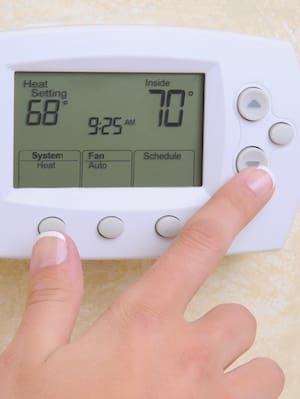Massachusetts Bottle Bill: 3 Reasons Why We Need to Modernize It
Litter is taking a toll on Massachusetts’ health and economy. These three reasons show how an updated bottle bill could help us change that.
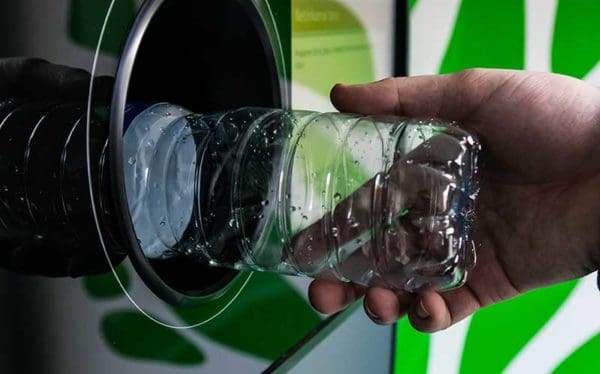
Litter is taking a toll on Massachusetts’ health and economy. These three reasons show how an updated bottle bill could help us change that.

Ineffective septic tanks release high levels of nitrogen in wastewater which can cause toxic algae outbreaks in the Cape’s waters, which in turn place people at risk, harm fish and wildlife, and dampen tourism. CLF released the following statement in response to today’s news.
“Pollution from septic tanks has pushed Cape Cod’s waters to the brink of disaster,” said CLF attorney Maggie Nivison. “Toxic algae outbreaks destroy our waters, sicken people, and threaten the Cape’s critical tourism economy. The state has finally taken this crisis seriously, and these new rules are a tremendous first step in finally combatting this pervasive problem.”
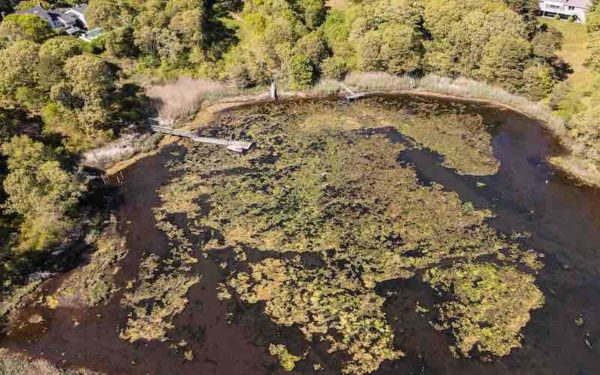
“Twin Rivers has been given a free pass to violate the law and pollute Quincy and other nearby communities for far too long,” said CLF attorney Erica Kyzmir-McKeon. “Everyone has a right to clean air and water. This is why CLF will fight to push Twin Rivers ends this illegal pollution once and for all.”
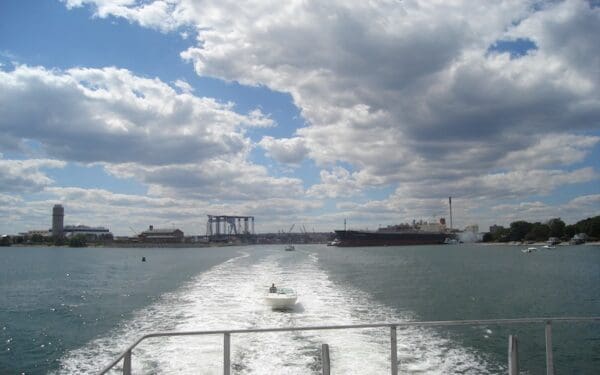
“Fossil fuels are driving the climate crisis and its impacts in our communities,” said Caitlin Peale Sloan, Vice President of CLF Massachusetts. “Couple that with the dire shortage of affordable housing for those who need it most, and this green bank is filling a huge need here in Massachusetts. Polluting emissions from buildings are a scourge on our health and the planet, and this fund will go a long way towards ending our addiction to fossil fuels.”
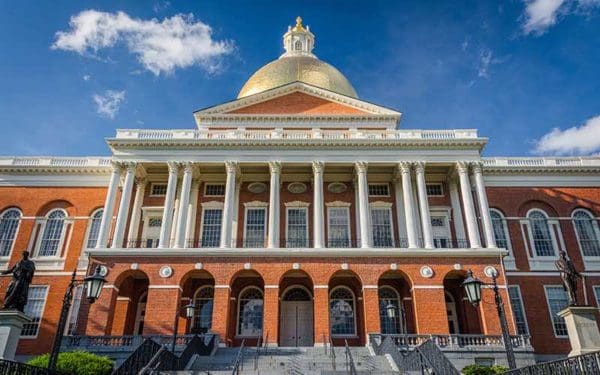
The Advanced Clean Cars II standards will require automakers to produce more electric cars, increasing their availability for Massachusetts residents.
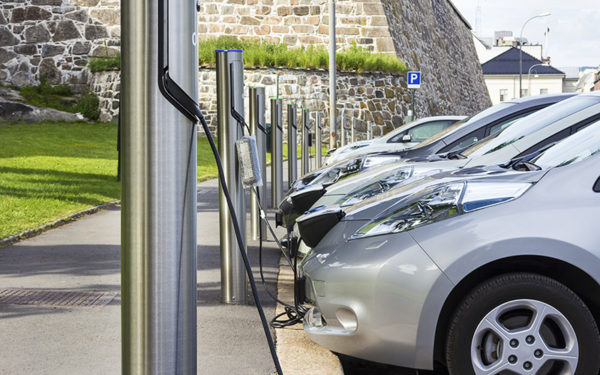
CLF has provided the Healey administration with steps to slash climate pollution to net zero by 2050.
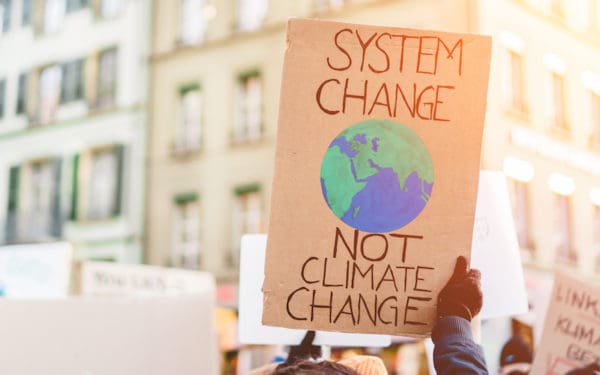
“Goals and promises are meaningless without real action on the ground,” said Caitlin Peale Sloan, Vice President of CLF Massachusetts. “The previous administration took little actual action to meet the goals laid out in Massachusetts’ strong climate laws, we now have an opportunity to do better. If we want to leave a healthy future for the next generation, it’s time to ditch fossil fuels and electrify everything from transportation to home heating, and these petitions lay out steps Massachusetts must take to get us there.”

“It’s time to go big on offshore wind,” said Caitlin Peale Sloan, Vice President of CLF Massachusetts. “If we’re going to meet the state’s ambitious climate goals, we need to seriously ramp up the development of renewable energy, and responsibly sited offshore wind is crucial. Fossil fuels like natural gas pollute our air and worsen the climate crisis, and this is yet another step towards leaving them in the past where they belong.”
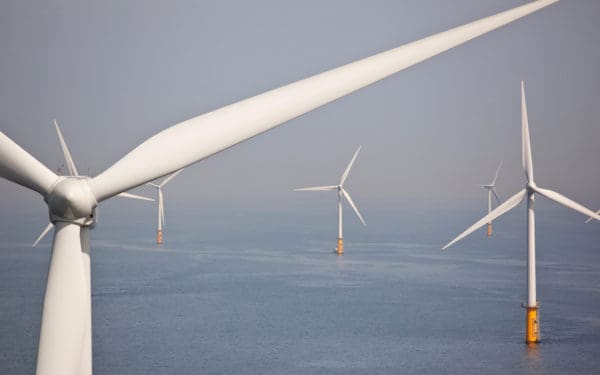
If you live in a home with an oil or gas furnace or boiler, like most people in Massachusetts, turning up the heat is the end of an unseen odyssey for your heating fuel. Between drilling, refining, and transport, fuels can travel thousands of miles before they are delivered into homes and burned for heat.… Continue reading What is the Massachusetts Clean Heat Standard?
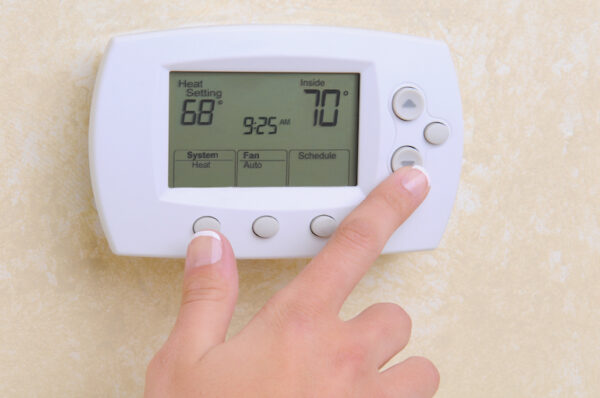
If done correctly, a new state program could help slash climate and health-damaging pollution while promoting clean, electric heat for all Massachusetts residents.
